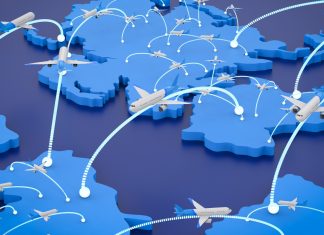Consumer behavior is changing. As smartphones make it quick and hassle-free to order goods online, watch a movie, or flag a taxi, the so-called ‘On-Demand Economy’has generated a sense of entitlement with consumers to fast, simple, attention-saving experiences.
Expectation Transfer
And, in what TrendWatching has dubbed ‘Expectation Transfer’, the experiences consumers have with one brand also impacts the expectations they have from brands in other industries.
David Mattin, head of Trends and Insights at TrendWatching believes the expectation transfer happens in customer-business relationships when an innovation serves a basic need in a new way, and therefore sets new customer expectations. Mattin uses the ubiquitous rideshare app, Uber as a shining example, “Uber helped to create new expectations and those expectations spread, becoming the now well-established trend known as on-demand. That’s expectation transfer: the mechanism by which new innovations from around the world shape what your customers will soon expect from you [the business].”
And raising the bar even more: Analysis from Uber has found the longer Uber has been in a city, the less willing to wait for a car everyone becomes.
Food Delivery Platforms
One of the areas where the on-demand economy has had an enormous impact is food delivery. Online food-delivery platforms such as Just Eat, GrubHub, Delivery Hero, Deliveroo, Takeaway.com, FoodPanda, Foodora, Uber Eats and Amazon Restaurants have expanded choice and convenience, allowing urban customers across the globe to order from a wide array of restaurants with a single tap of their mobile phone.
























